If Donald Trump 2.0 isn’t able to hike tariffs, he’s the better bet for Australia
Economists say a second Trump administration would be a disaster for Australia, but not if he can’t hike tariffs as much as he’s promised, given Kamala Harris’s big spending and regulations plans.
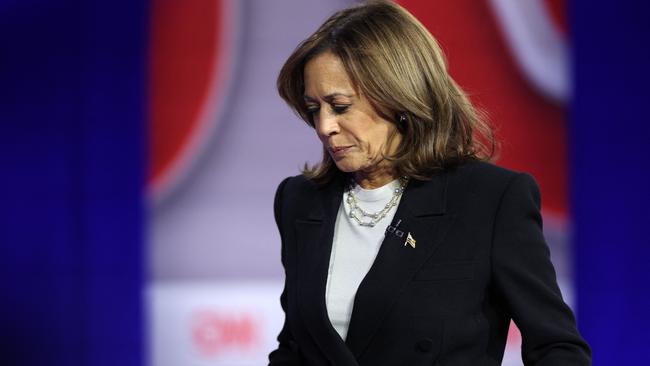
A big spending Kamala Harris administration intent on re-regulating the US economy could be worse for Australia than a second Trump administration if Congress prevents the former president from following through on his more extreme tariff proposals.
Top economists and former Australian ambassador to the US, Arthur Sinodinos, have warned that the Democratic nominee’s plans to hike taxes, expand Joe Biden’s green energy policies and boost social welfare programs will have consequences for the global economy, especially if she gets control of both the House of Representatives and the Senate in two weeks’ time.
The Harris campaign has promised trillions of dollars of new spending over a decade on childcare, first home buyers grants, industry subsidies, paid family leave, and aged care support, partly paid for by increasing the company tax rate from 21 to 28 per cent.
There are still strong fears among economists and businessmen that Republican nominee Donald Trump’s plans to impose punitive tariffs on Chinese imports could clobber demand for Australian minerals from our biggest trade partner.
But Hudson Institute senior fellow Thomas Duesterberg told The Australian that such critiques minimise the impact of Ms Harris’s likely trajectory on tax and regulation for overall economic growth in the US.
“Harris will certainly ratchet back new permits for LNG exports, which Biden’s already put a freeze on, which to my way of thinking, will be a negative for growth in the US economy,” he told The Australian in an interview.
“She’s promised to raise taxes and not seriously do the sorts of things that people like me and many others, including Trump, believe would contribute to higher growth, which is ease the regulatory burdens” he adds.
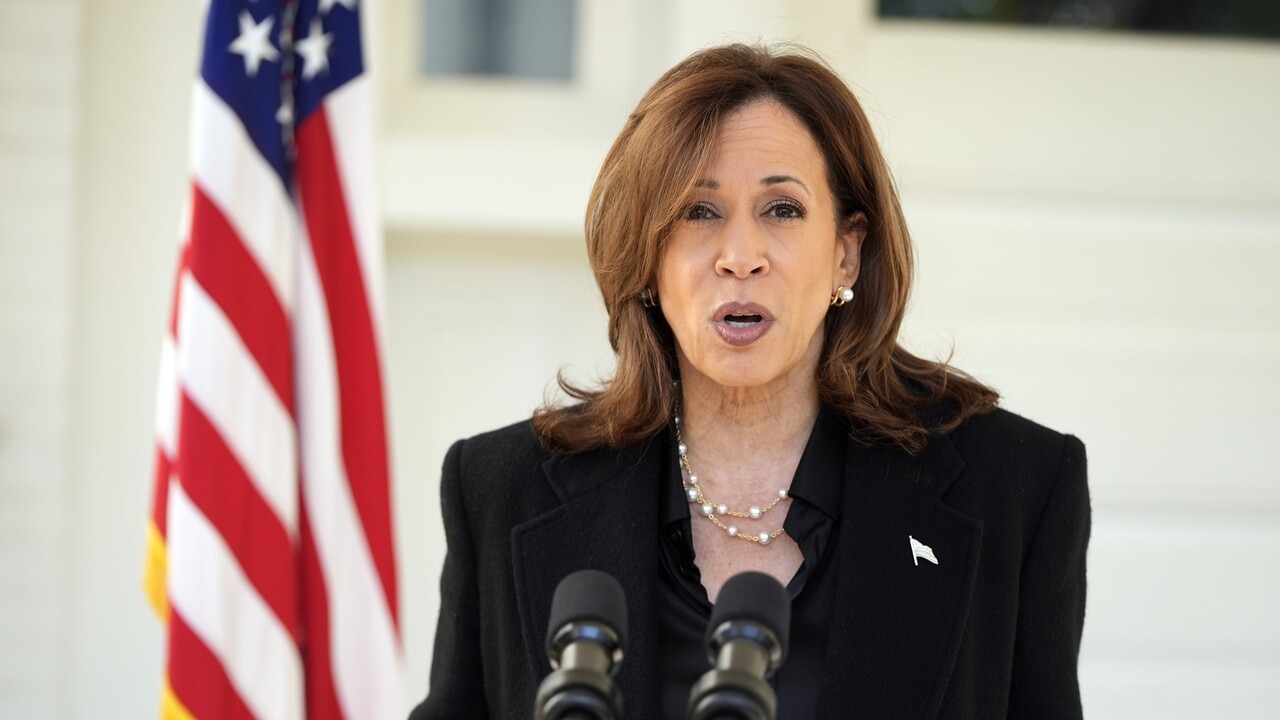
Trump’s platform includes terminating what he calls Joe Biden’s “Socialist Green New Deal”, which provided hundreds of billions of dollars in tax subsidies for wind and solar power, and tearing up regulations that impede US fossil fuel exploration and production and cancelling various regulations related to purchase of electric cars.
Mr Duesterberg’s comments came as 23 Nobel laureates issued a public letter on Wednesday (Thursday AEDT) endorsing Kamala Harris’s economic agenda, reflecting the conventional wisdom that Trump’s plans to slash taxes would blow out the deficit and risk a financial crisis.
“Overall, Harris’ economic agenda will improve our nation’s health, investment, sustainability, resilience, employment opportunities, and fairness and be vastly superior to the counter-productive economic agenda of Donald Trump,” the economists said.
Former Australian ambassador to the US Arthur Sinodinos, when pressed on which administration would be better for Australia, picked Harris but conceded the outlook was made more complicated by Harris’s regulation bent.
“I’d probably say Harris [was better for Australia], because the other guy is threatening all sorts of stuff, but as I said, it’s more complicated than that, there’s regulatory policy, there’s energy policy,” he told The Australian in an interview.
“If Trump was serious about his tariff plans, you’d worry about … A situation where Chinese growth is knocked down even further, clearly has an impact, a flow on impact to Australia,” he added.
Trump has promised a 10 pr cent across the board tariff on imports and 60 per cent tariffs on Chinese imports to help reduce America’s chronic trade deficit with the Chinese economy. The centrepiece of the Harris campaign is to introduce new laws to crack down on price gouging by big businesses as solution to years of above average inflation.
Duesterberg was sceptical Trump would be able to impose his tariffs plans, especially in light of a recent Supreme Court ‘Chevron’ decision earlier this year that will make it more difficult for the White House to arbitrarily made rules that deviated from congressional legislation.
“There are constraints on Trump’s ability to actually carry through on some of what I consider the worst ideas he’s advanced on trade, such as across the board tariffs,” he told The Australian.
“There’s a pretty big agenda [among Democrats] for expanding industrial policy which, I think, looking at it from a long term point of view, is a negative for the US economy,” he added, alluding to Biden administration programs to already legislated, including subsidising domestic semiconductor manufacturing.
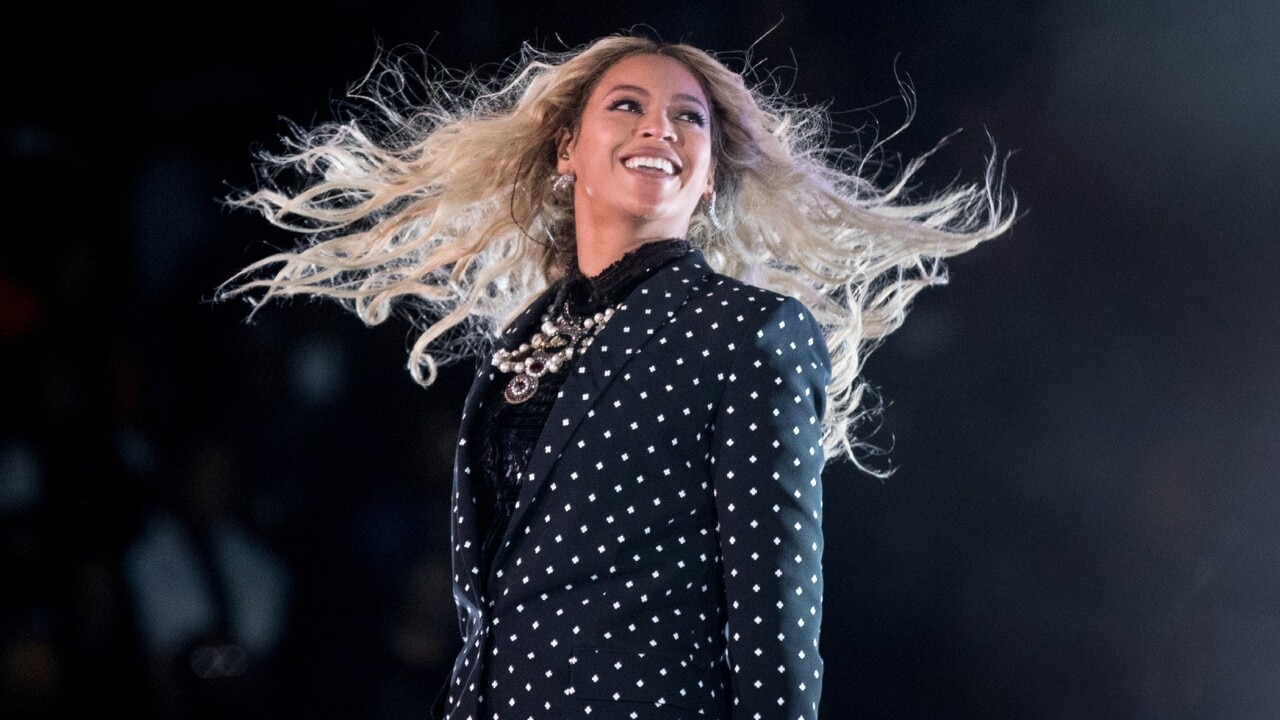
The nonpartisan Committee for a Responsible Federal Budget earlier this month estimated a Harris administration would increase US public debt by $3.5 trillion through to 2035, while a Trump administration would increase it by US$7.5 trillion. US public debt is
Desmond Lachman, a senior fellow at the American Enterprise Institute and former deputy director of the International Monetary Fund, told The Australian the world should brace for a financial crisis, especially under a future Trump administration.
“At the time that the US is more or less at full employment, we’re running a budget deficit or seven per cent of GDP and overall debt is about to exceed the level during the Second World War,” he told The Australian in an interview.
“The United States could have dollar crisis, or you could have bond prices just tanking, like they did in the UK, and that’ll really not be good for the US economy,” he added, referring to the sudden loss of confidence in the UK government after the short-lived Truss government announced massive tax cuts.
Jonathan Ward, an expert on China-US relations at the Hudson Institute, reflected mounting pressure within the US to take a tougher attitude toward China regardless of who won in November, given growing realisation the US needed to shore up critical supply chains domestically.
“What we’re going to have to do is contain the Chinese economy and its primary strategic initiatives – that’s what you’d have to do if you want to change the long term picture,” he told The Australian in an interview.
“We have to shut down their capacity to finance and execute their global grand strategy, we have one shot to do that and it’s in the 2020s,” he added.
Lachman said Harris wasn’t “as bad as [Trump] is [on tariffs] but nonetheless she’s protectionist too”.
“No matter who wins, there’s going to be aggressive action towards China, so Australia is going to have to just take that,” Duesterberg said.


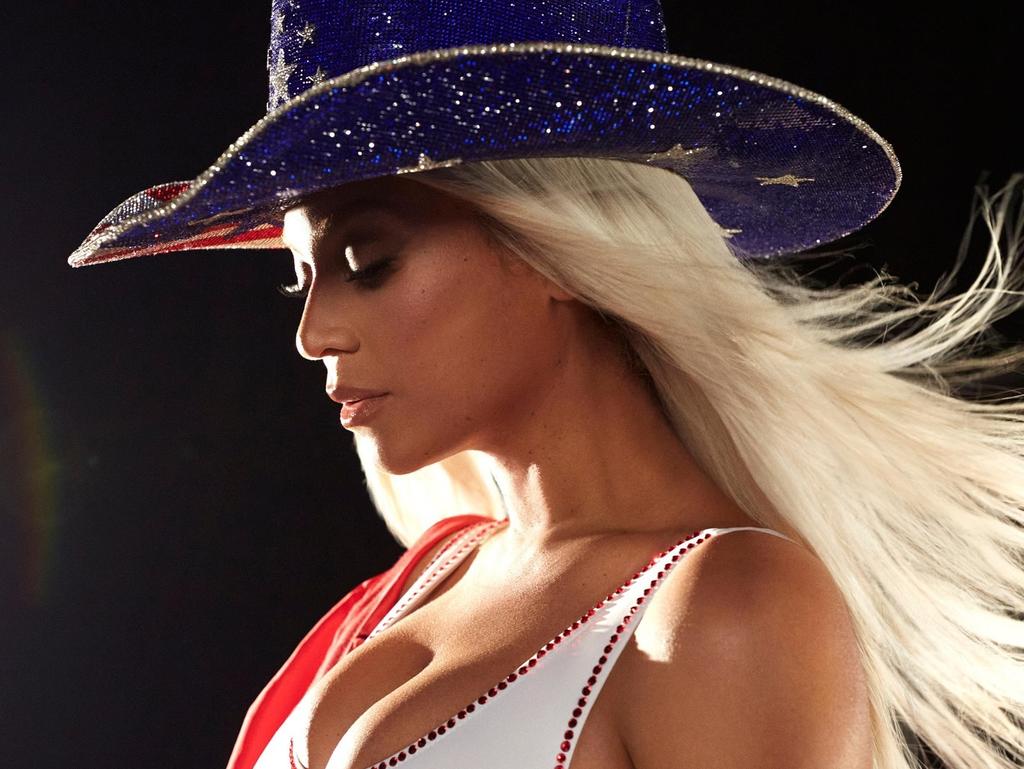
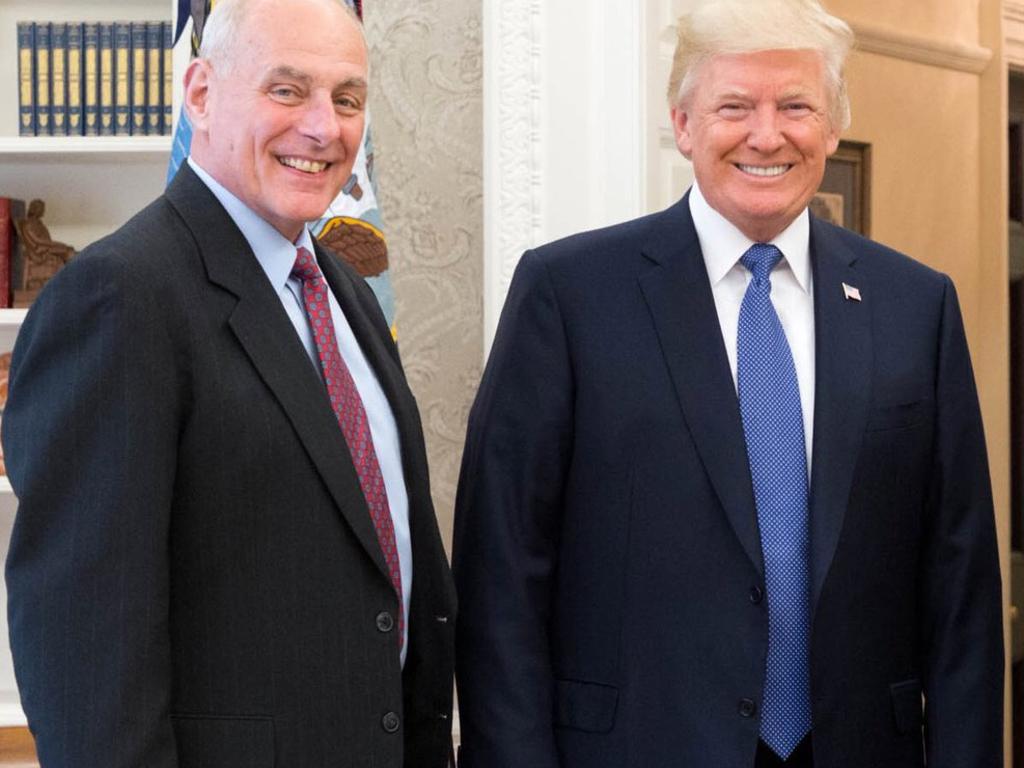


To join the conversation, please log in. Don't have an account? Register
Join the conversation, you are commenting as Logout